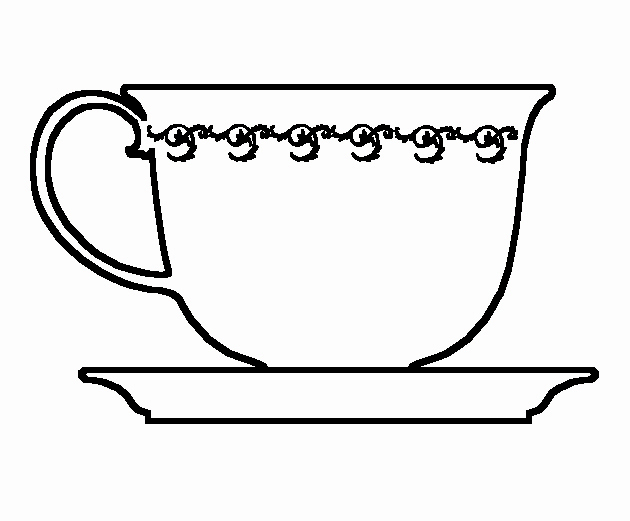Etiquetteer has been relieved of the burden of wedding invitations this summer. Consider that sentence for a moment. Isn't it a pity that so many people consider an invitation to a wedding a burden, rather than a Happy Occasion to celebrate a Joyous Marriage with friends and relations? Etiquetteer is of the completely subjective and entirely unresearched opinion that there are two causes: the expense of attending a wedding for a guest (especially travel, which is not only expensive but inconvenient) and the selfish behavior of brides that led to the coining of the term "bridezilla" several years ago.
These two causes combine in the selection of a gift for the Happy Couple. Etiquetteer was deeply sorry to read last week about a bride who was sufficiently unbalanced to call out her friends on social media for what she perceived as their inadequate generosity. First of all it's vulgar in the extreme to mention how much money was spent to entertain your guests. You invite friends (or the friends of your parents) to a wedding for the pleasure of their company, not because you expect them to cover the costs of their own entertainment*. Second, your wedding is not as important to your friends as it is to you; no doubt there are other, more important claims on their resources than your Gaping Maw of Bridal Need. And third, criticizing someone so bluntly on social media about their behavior is just as bad as, if not worse than, doing so to their faces. Brides who follow this example deserve to lose a lot of friends.
With the advent of social media, some confusion has also spread over how to interpret how one receives knowledge of a wedding -- or, to be completely candid, when to suspect that the only reason you're hearing is that the Happy Couple expects a gift. Over at Etiquetteer's Facebook page (speaking of social media), Etiquetteer recalled learning of the wedding of a Friend of Etiquetteer's Youth from Dear Mother; the invitation had been addressed to "Mr. and Mrs. [Parents of Etiquetteer] and Etiquetteer," which is far from Perfectly Proper. Why, you ask? Because at the time the invitation was sent, Etiquetteer was not only well over the Age of Consent, but also not living under the parental roof. Anyone over the age of 21 deserves his or her own engraved invitation sent to his or her own address; attempting to economize by doubling up invitations to parents and grown children makes you look shabby. Saying you can't find that person's address no longer serves as an excuse, thanks to the Internet.
This led to the question of how to respond to wedding invitations from Long Unheard-of Schoolfellows who haven't been heard from in so long that their motives are suspect. Back before the Internet (and before brides expected everyone to Travel the Earth on Command), wedding announcements were sent instead of invitations, something along the lines of
Mr. and Mrs. Fairleigh Freshness
announce the marriage of their daughter
Miss Dewy Freshness
to Mr. Manley Firmness
on [Insert Date Here].
Frequently a little address card would be included so that recipients would know where the Happy Couple would be living. You must remember that this was before the days of "Live Together First:"
Mr. and Mrs. Manley Firmness
After [Insert Date After Honeymoon Here]
5456 Cottage Lane, Apartment Six
Verdant Greens, New Jersey
Receipt of a wedding announcement was taken as information that the Happy Couple felt you should know, but not with the expectation of a gift. As much as Etiquetteer enjoys social media and other electronic communications, Etiquetteer would rather like to see engraved wedding announcements come back.
Should you receive a wedding invitation from someone you haven't heard of in many years, put pen to paper at once and send a Lovely Note of Congratulations along with your Infinite Regret that you cannot attend in person. And that concludes your obligation.
*If the costs are really bothering you, have a simpler wedding and invite fewer people.





